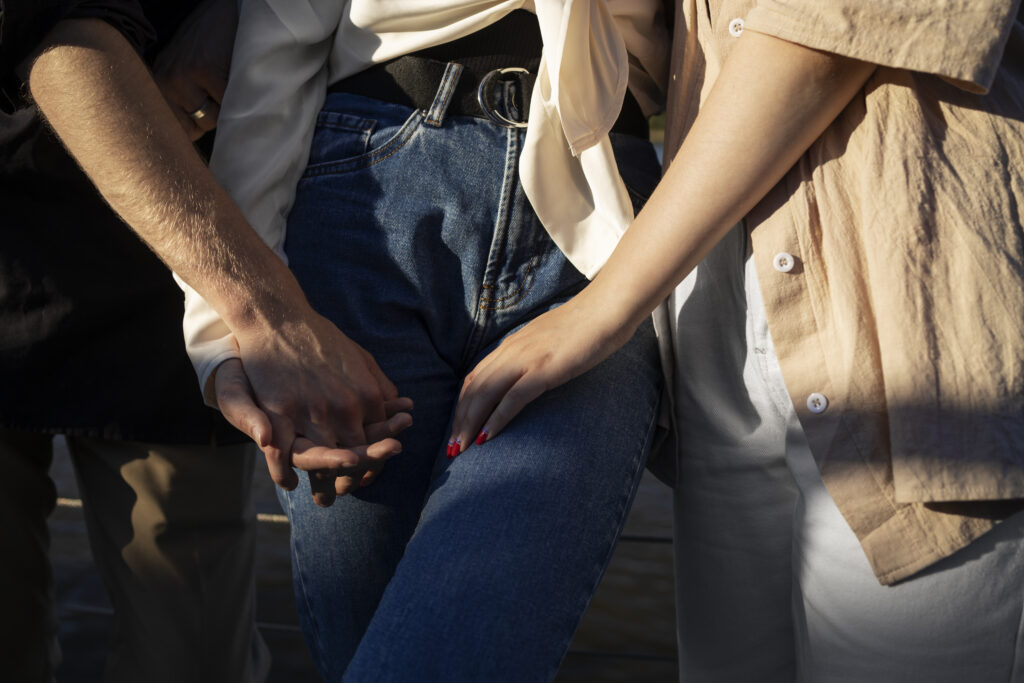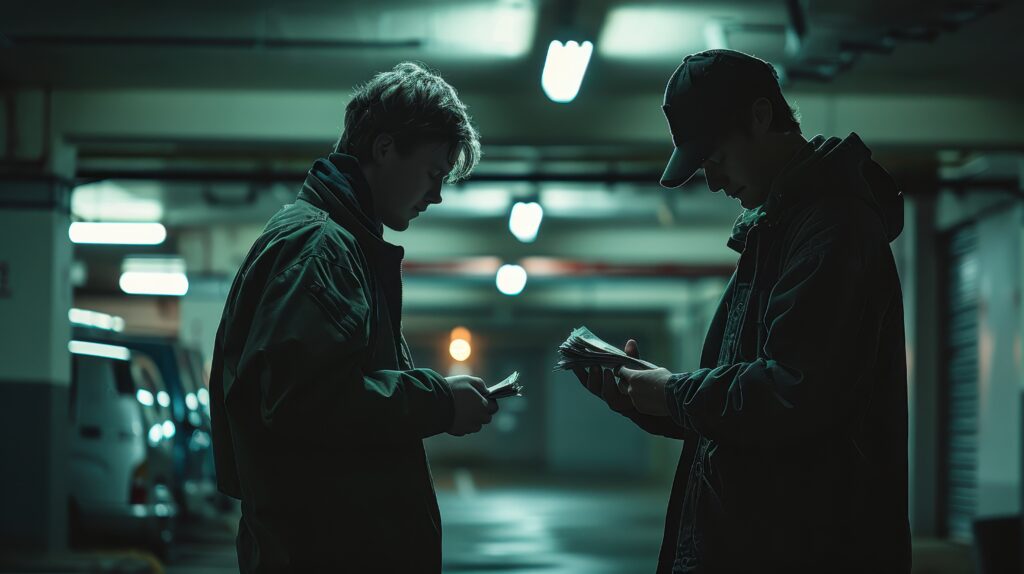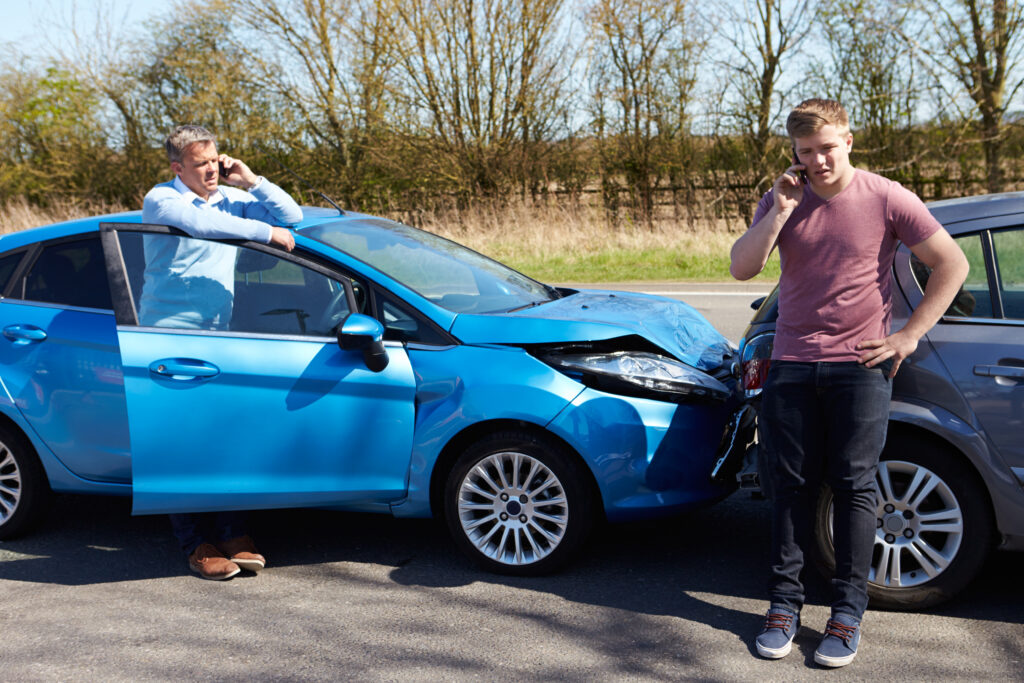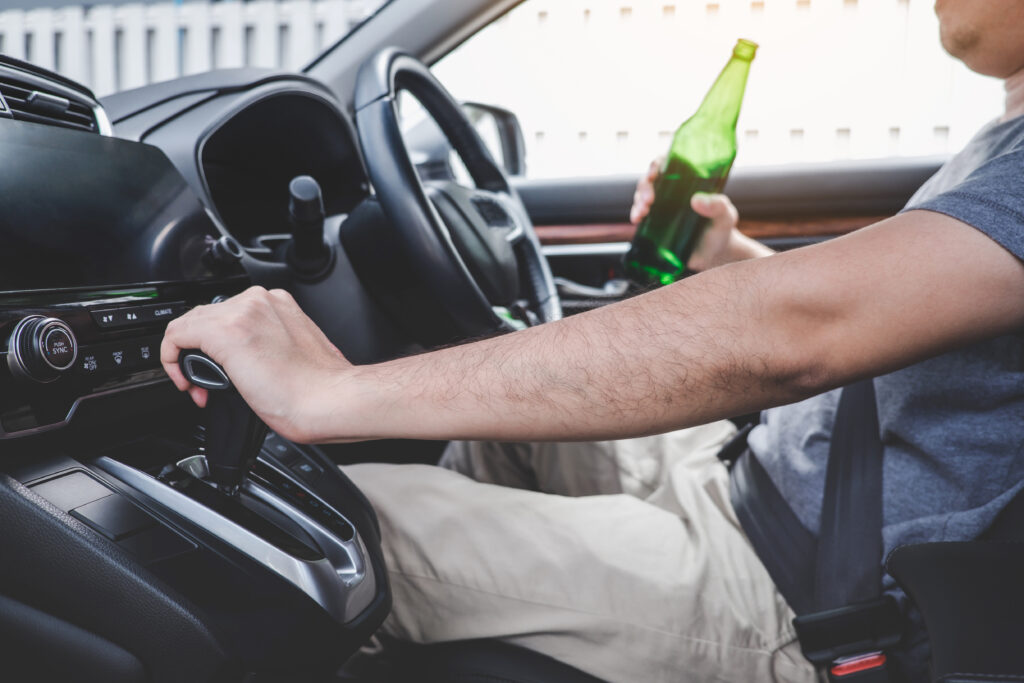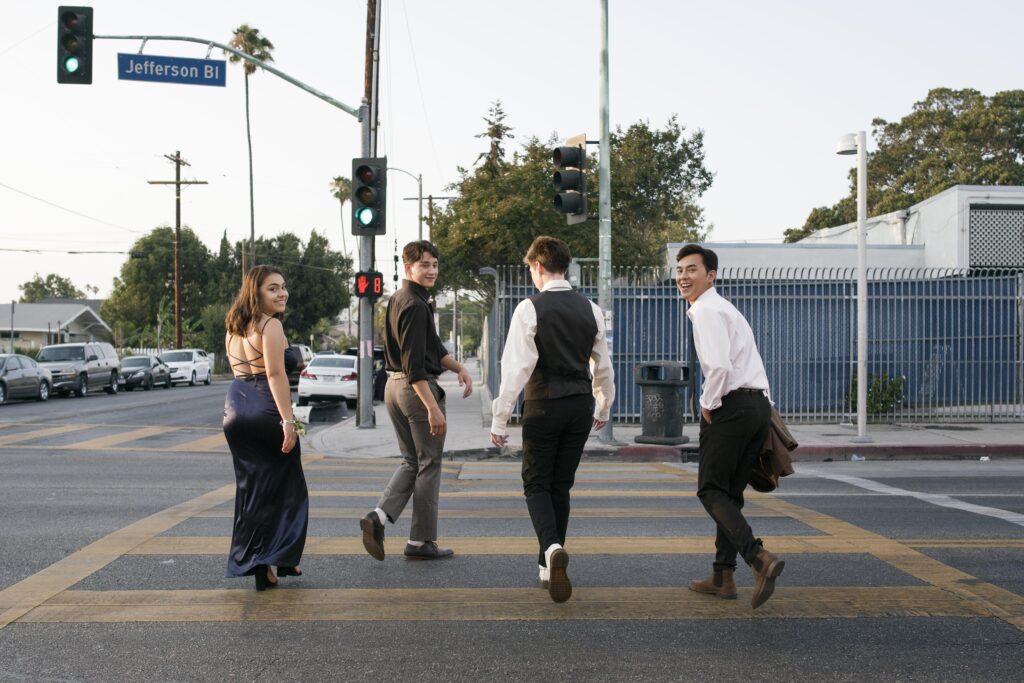You may think a public intoxication charge is no big deal—maybe an awkward night out, an overnight hold, and a story to laugh about with your friends later. But in California, being drunk in public can carry more weight than most people expect. From possible jail time to a criminal record that follows you for years, a simple lapse in judgment can have lasting consequences.
California law doesn’t prohibit drinking or even being drunk in public. However, what it does prohibit is being so impaired by alcohol or drugs that you can’t take care of yourself or others, or that you’re interfering with public activity.
In those cases, under Penal Code §647(f), the law steps in, not to punish you for partying, but to protect public safety from disruptive or dangerous behavior. Unfortunately, the line between buzzed and destructive can be thin, and sometimes, subjective.
Laws and Penalties
Public intoxication is classified as a misdemeanor in California. This means it’s not as serious as a felony, but it’s still a criminal offense, and one that can affect your life long after the hangover fades.
Under Penal Code §647(f), you can be charged if you’re found in a public place and:
- You’re unable to exercise care for your own safety or the safety of others.
- You’re obstructing a sidewalk, street, or public way.
- Your behavior is scary and disruptive, creating a safety risk due to your impairment levels.
Penalties include:
- Up to six months in county jail
- A fine up to $1,000
- Possible informal probation
- Community service or court-ordered alcohol education classes
If you’re convicted three times in 12 months, the penalties get steeper. The judge may impose a mandatory minimum of 90 days in jail, unless you complete a 60-day approved rehab or treatment program in lieu of custody.
Even without criminal charges, police can detain you in protective custody, essentially a sobering cell, for up to 72 hours. This is similar to being detained for mental health issues, but officers want to ensure you can sober up and reduce the risk of danger.
Defenses: How to Get a Public Intoxication Charge Dismissed
Being arrested doesn’t mean being convicted. A reasonable attorney may help you avoid a criminal record altogether by raising strong legal defenses.
Common defenses include:
- You weren’t in a public place. If the alleged incident happened inside a private residence, fenced yard, or hotel room, it may not qualify under the statute.
- You weren’t a danger. You may have been drunk, but not disruptive or unable to care for yourself. Officers often rely on quick assumptions.
- Mistaken identity of wrongful arrest. These charges often happen in crowded or chaotic places, like bars, festivals, or sporting events, where misidentification is possible.
- No clear evidence of obstruction or endangerment. The prosecution has to prove you were blocking a public way or posed a legitimate risk.
- Involuntary intoxication. If your drink was spiked without your knowledge, or someone drugged you, that may offer a viable defense.
A skilled defense attorney can sometimes negotiate a reduced charge or alternative resolution, such as a pretrial diversion program or community service, in exchange for dismissal.
Can the Public Intoxication Case Be Dismissed Without a Trial?
Yes, many public intoxication cases are dismissed before they ever reach trial stages. Prosecutors are often open to resolution, especially if you’re a first-time offender, weren’t violent, and show signs of remorse and responsibility.
Here’s how that may happen:
- Pretrial diversion programs (under Penal Code §1001.95) allow you to complete alcohol education classes, attend counseling, or perform community service. If you comply, the case is dismissed with no conviction.
- Prosecutorial discretion. A prosecutor may drop the charge if the evidence is weak or if the incident was minor.
- Plea negotiations. Your lawyer might negotiate a plea to an infraction or lower charge that doesn’t carry the weight of a criminal misdemeanor.
- Deferred judgment. In some cases, a judge may agree to delay sentencing while you complete certain conditions (like rehab), and then dismiss the case upon compliance.
If dismissal isn’t possible, expungement may be. You can apply to have the conviction removed from your record under Penal Code §1203.4 once your sentence is completed.
How Long Do You Stay in Jail for Public Intoxication?
Jail time for public intoxication depends on the specific situation:
- First-time offenders rarely serve time. Most are given probation, community service, or alcohol classes.
- Repeat offenders (three or more times in a year) can face a mandatory 90-day jail term, unless they qualify for and complete treatment.
- Protective custody holds may result in up to 72 hours in a sobering facility, even if no formal charges are filed.
Some people are released after just a few hours in custody, while others stay overnight until they’re sober. Whether you’re cited and released or booked into jail often depends on your behavior and the discretion of the officer involved.
If you’re respectful and cooperative, officers are more likely to release you with a citation rather than take you to jail.
Does Public Intoxication Show on a Background Check?
Yes, public intoxication will appear on a background check if it leads to a conviction. That means employers, landlords, schools, and licensing boards could see it, depending on the type of screening they run.
Here’s what you should know:
- A misdemeanor conviction stays on your record until it’s expunged.
- Even arrests (without conviction) may appear on specific reports, especially those run by law enforcement or government employers.
- Specific jobs, like teaching, healthcare, or transportation, may treat even a public intoxication charge as a red flag.
Expungement can help. Once your conviction is dismissed under Penal Code §1203.4, most private background checks won’t report it, and you can legally answer “no” when asked if you’ve been convicted of a crime, except for jobs in law enforcement or government.
The Bottom Line
A public intoxication charge in California may seem like a minor inconvenience, but it can spiral into a serious legal issue if left unchecked. It’s not just about one bad night; it’s about how that night follows you on paper.
The good news? You have options. Many cases are resolved without trial. Diversion programs, informal probation, or even expungement can keep your record clean if handled quickly and correctly.
If you or someone you know is facing a charge, don’t ignore it, and don’t panic. Contact David L. Faulkner to explore your options!



